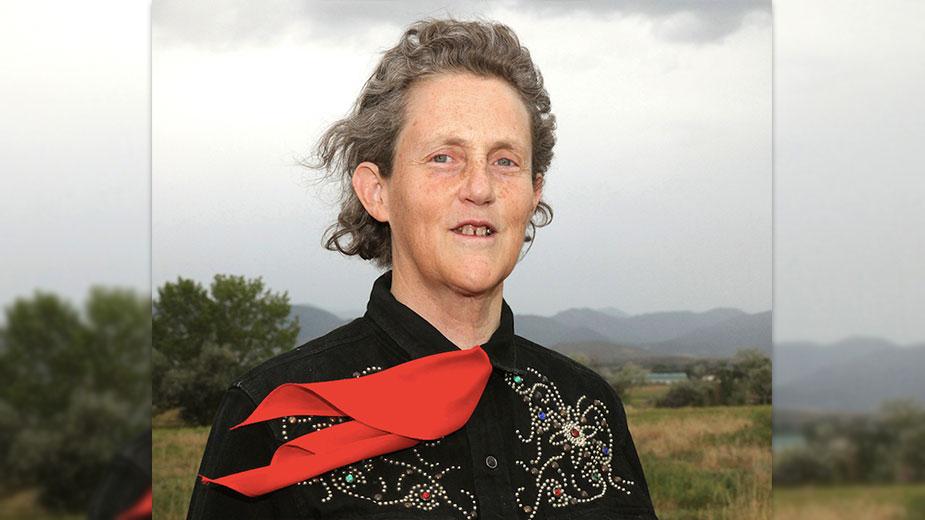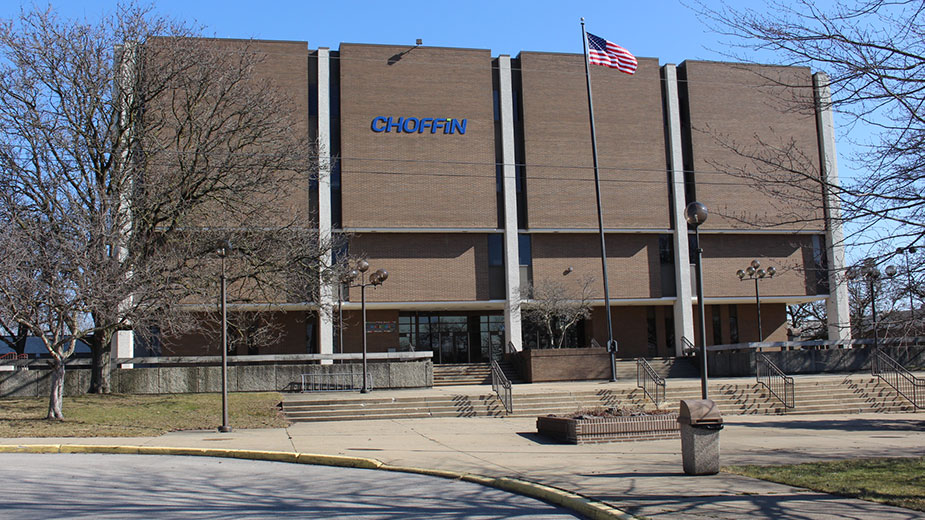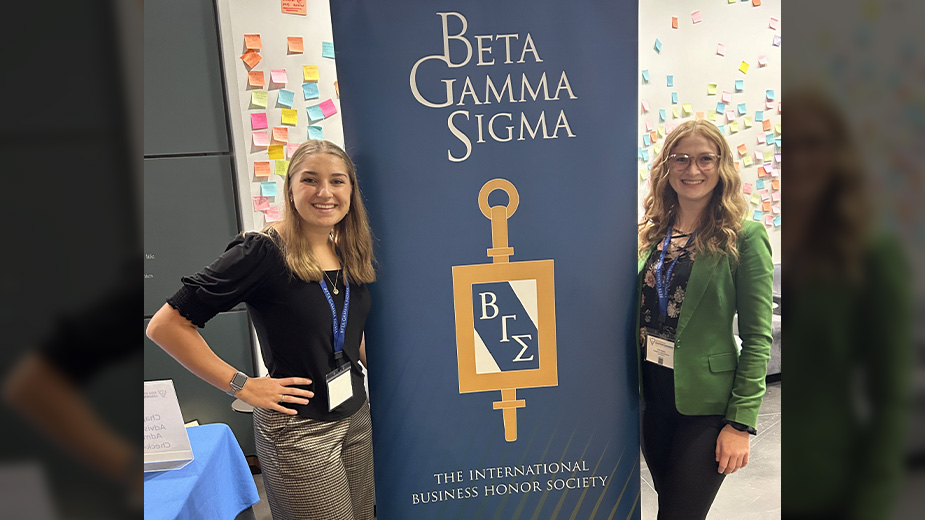Rich Center for Autism Hosts Temple Grandin at Virtual Event
YOUNGSTOWN, Ohio – The world needs all sorts of minds to keep the world running, Temple Grandin says, and a key part of ensuring that those minds can help the world is understanding children with autism when they’re young.
Grandin, widely known as one of the first to write about her experiences with autism, shared her insights Friday at a virtual lunch event hosted by the Rich Center for Autism.
“Children get interested in things they get exposed to. I can’t emphasize that enough,” she said. “There are people like Einstein, who had no speech until age 3 and likely would have ended up in special ed, who was obsessed with numbers. You can give children like that harder and harder math books to work with.”
Not formally diagnosed with autism until she was an adult, Grandin was nonverbal until she was 4 and couldn’t read until she was 8. It wasn’t until her teenage years that her mother suggested she was on the autism spectrum. Throughout her time in school, Grandin had mentors and family members who helped her.
Always a lover of horses, Grandin spent the summer when she was 15 at a ranch in Arizona, which fostered her passion and led her to study psychology at Franklin Pierce University and animal science at Arizona State University and University of Illinois, where she earned her doctorate. Today, she’s a professor at Colorado State University in Fort Collins, Colo., where the $10 million Temple Grandin Equine Center is under construction. The research center will house equine-assisted activities and therapy for children with autism, veterans and individuals suffering from dementia.
In addition to equine therapy, Grandin’s work has focused on the livestock industry, including research on stress during transport and an assessment system for animal welfare at slaughter houses. She has written two books documenting her life and explaining how she processes information. She was named one Time magazine’s 100 most influential people in 2010. That same year, a movie about her life debuted on HBO.
Although Grandin’s path wasn’t an easy one – she was bullied relentlessly in school by those outside her immediate friend group – it’s still a story that highlights what those with autism can accomplish. In her presentation to the Rich Center, she discussed how those on the spectrum and their families can work toward finding a career and place in the workforce.
The key, she said, is to start early and expose kids to new opportunities.
“When kids get around second grade, object visualizers like me will love art. My ability in art showed up and my mother encouraged me to not just draw horses heads over and over, but learn about the whole horse,” she said. “Take what they’re interested in and expand it. If he likes cars, using cars for reading, for teaching math, teaching science.”
She also urged trying a wide range of activities and giving kids opportunities for hands-on experience. As a child and teen, Grandin took piano and flute lessons but didn’t enjoy them as much as other efforts. Nonetheless, the attempts are what mattered, she said.
How autism is expressed tends to fall into four categories, she explained: object visualization, visual-spatial, verbal facts and auditory thinker. There can be overlap between the types, she added, and traits usually start to become clear around the age of 8. Visual-spatial minds tend to be good at recognizing patterns and mathematics, while those who are in the verbal facts area can recall information easily.
“He’d be good in a job specialized in retail because he knows the products. There have been many successful stories of people working in car dealerships because people appreciate the knowledge,” she offered as an example.
Starting to understand those expressions and help kids with autism find their interests needs to start in elementary and middle school, she said. “It could be chores for little kids, maybe a volunteer or church job for older kids so they can learn to do tasks properly on a schedule outside the home.”
To further foster that development, she encouraged schools to keep classes in a range of fields – including art, welding, auto ship, creative writing, music and theater – that can help students with autism develop skills.
“We need to be exposing them in elementary grades and middle school. We had theater in all of my schools; I was a set designer and maker. I couldn’t care about being in the plays, but those skills are something that can turn into a career,” she said. “I’ve worked with people who designed my facilities that would be labeled special-ed kids today. We’re losing these skills. We’ve got to keep these classes in schools.”
She also encouraged parents to help their kids develop their identities beyond their diagnosis of being on the autism spectrum.
“I’m concerned when autism becomes their entire identity, when 8-year-olds only want to talk to me about their autism. I’d rather hear about the dog training they do or the telescopes they build or how they like to program with Javascript,” she said. “Where the diagnosis helps is in understanding relationships.”
By working to understand relationships and social cues from childhood, work in a professional setting is much easier. There may still be accommodations that need to be made, but it can set people on the path to a career.
“I’ve known people at NASA who were able to hold a job and not be a slob. I don’t think that’s giving up your identity. That’s not hard to do, where keeping up idle chit chat can be much harder,” Grandin said. “There are some people who need time to calm down. I know a woman with autism in engineering who, every afternoon around 3 o’clock, needs to sit and chill out.”
The key takeaway from Grandin’s talk with the Rich Center, which drew more than 800 listeners from around the world, is that autism is something that can be adapted to. As long as the effort is put in and you understand how your mind works, you don’t have to be limited by the diagnosis.
“There’s a big difference between real work and fake, busy work. I hear a lot about kids who have trouble in school because they’re not challenged,” she said. “I want every kid out there to be everything they can be.”
Copyright 2024 The Business Journal, Youngstown, Ohio.



